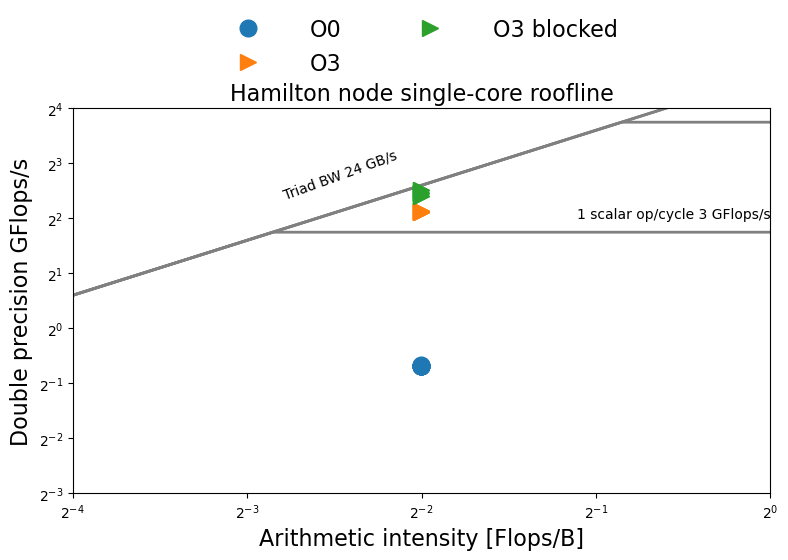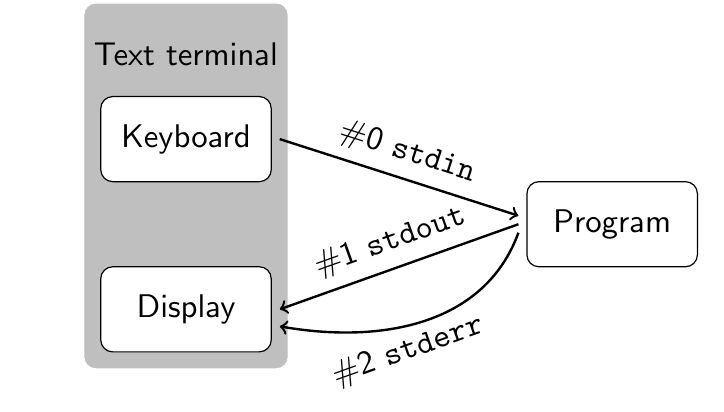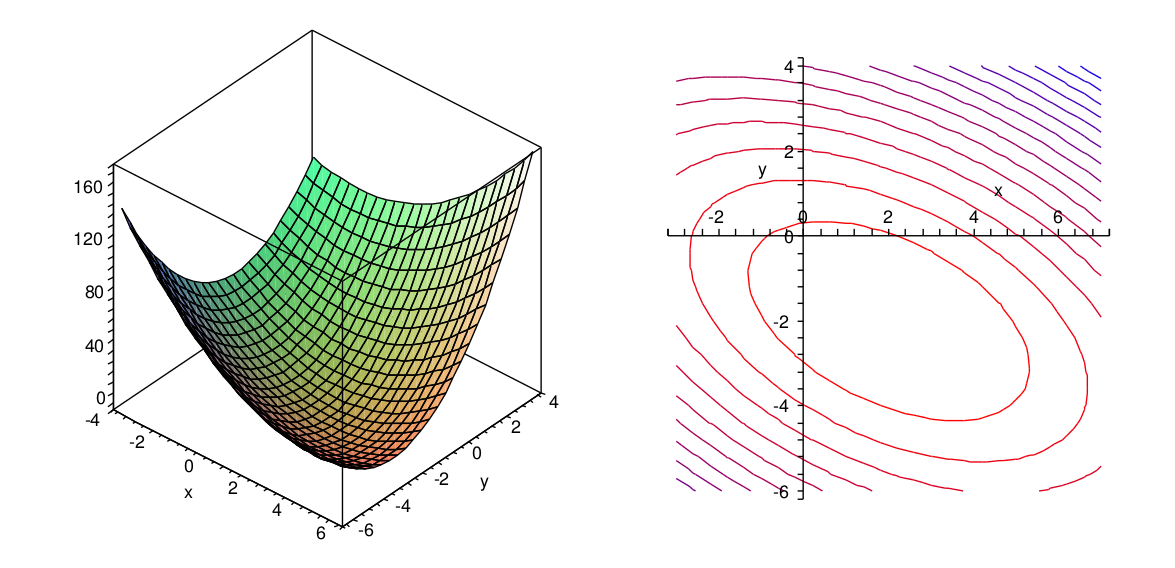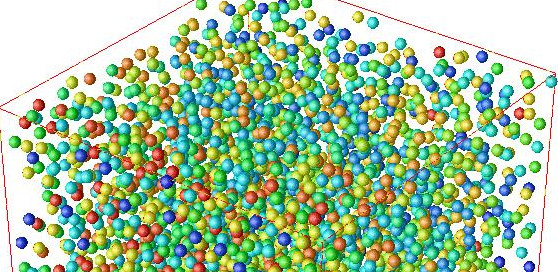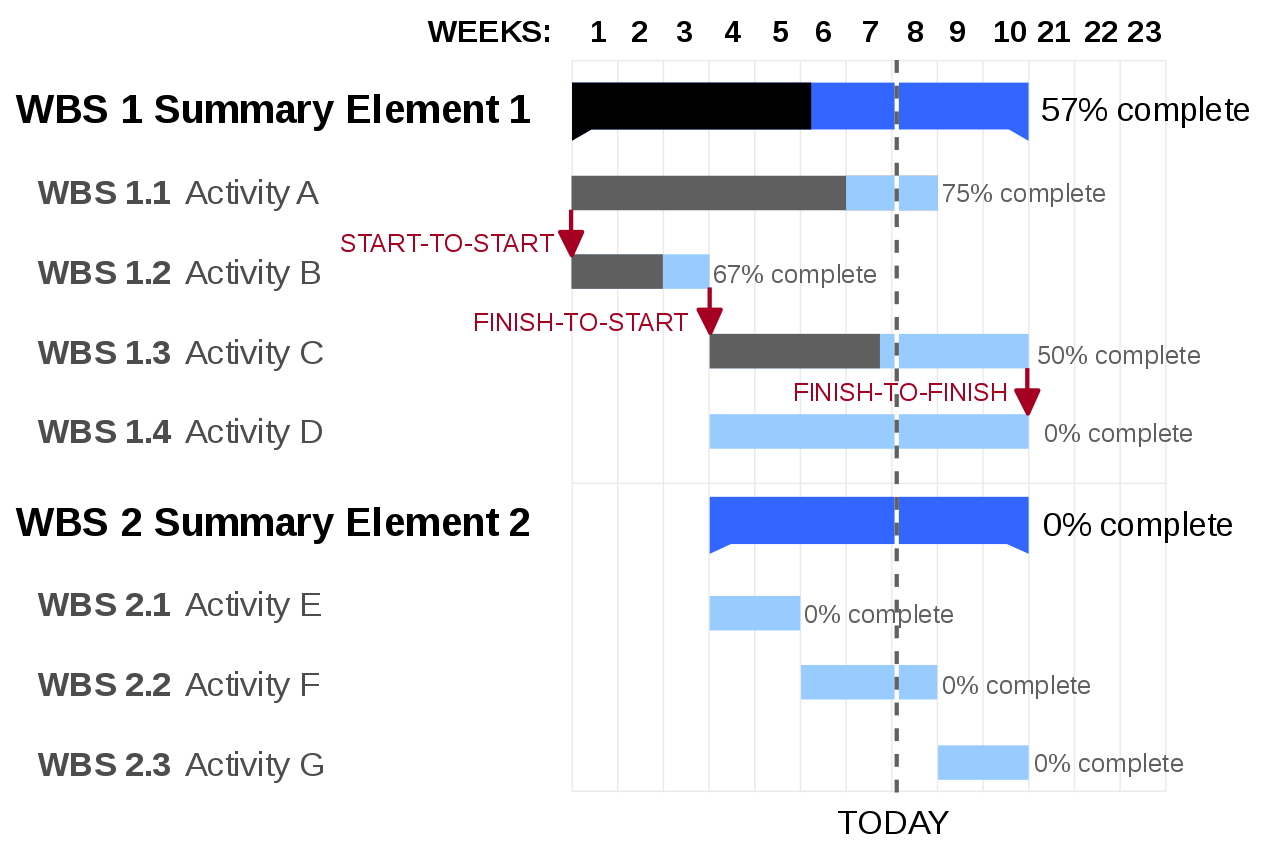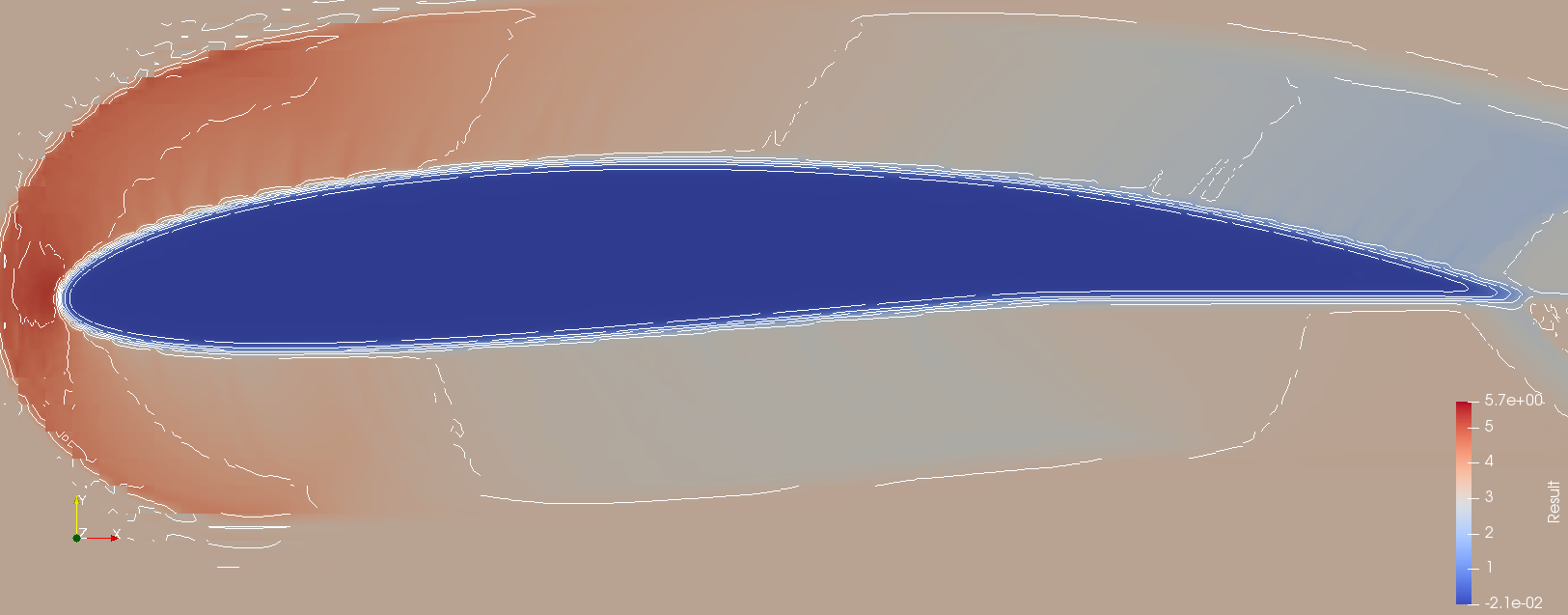Anne Reinarz Durham University
Performance Engineering, Vectorisation and GPU Programming, 2023
Content Performance modelling and engineering Vectorisation and low-level code optimisation GPU programming Course Information Module page Read more 01 Oct 2023 - less than 1 minute read
Programming Paradigms, 2021
Content Systems programming. Functional programming. Object oriented programming. Course Information Module page Read more 01 Oct 2021 - less than 1 minute read
Parallel Scientific Computing II, 2021
This submodule builds on Numerical Algorithms I (Parallel Scientific Computing I) and introduces advanced topics in ODE integration schemes, and spatial discretisation. Course Information Webpage Module page Read more 01 Oct 2021 - less than 1 minute read
Parallel Scientific Computing I, 2021
This course aims to introduce scientific computing techniques for the numerical solution of problems in science and engineering, as well as covering performance, debugging and parallel computing. The lecture will cover: Fundamentals of numerical algorithms for ordinary differential equations. Explicit time discretion techniques for ordinar... Read more 01 Oct 2021 - less than 1 minute read
Professional Skills, 2021
The module has 4 components: Large-scale software development in C Workshop: Agile, Collaborative and Responsible Code Development Workshop: Communicating Science and Research Ethics Workshop: Structured Innovation Course Information Module page Read more 01 Oct 2021 - less than 1 minute read
Parallel Scientific Computing II, 2020
This submodule builds on Numerical Algorithms I (Parallel Scientific Computing I) and introduces advanced topics in ODE integration schemes, and spatial discretisation. Course Information Webpage Module page Read more 01 Oct 2020 - less than 1 minute read
Networks, 2020
You will be learning the theoretical and fundamental aspects of networks, and will have the opportunity to apply your programming skills to developing a network system. Course Information Module page Read more 01 Oct 2020 - less than 1 minute read
Scientific Computing, Summer 2020
This course provides a deeper knowledge in two important fields of scientific computing: molecular dynamics simulations particle-based modelling (n-body simulation) algorithms for efficient force calculation parallelisation iterative solution of large sparse systems of linear equations: relaxation m... Read more 27 May 2020 - less than 1 minute read
Modern Wave Propagation - Discontinuous Galerkin & Julia, Summer 2020
In the past few years, the Discontinuous Galerkin (DG) method has made waves. Wave propagation is everywhere: It is used to simulate earthquakes, tsunamis and even plasma physics. With the advent of many-core supercomputers it has become crucial to use communication avoiding methods. DG is currently one of the most promising. The goal of this l... Read more 27 May 2020 - 1 minute read
Hyperbolic PDE Seminar, Winter 2019
In this seminar we address numerical methods for the simulation of hyperbolic partial differential equations. We discuss important examples of governing equations. In this context challenges typical for hyperbolic PDEs are tackled: Non-linearities with analytical solution approaches, Riemann solvers, domain decomposition, finite volume methods, ... Read more 01 Jan 2020 - less than 1 minute read
